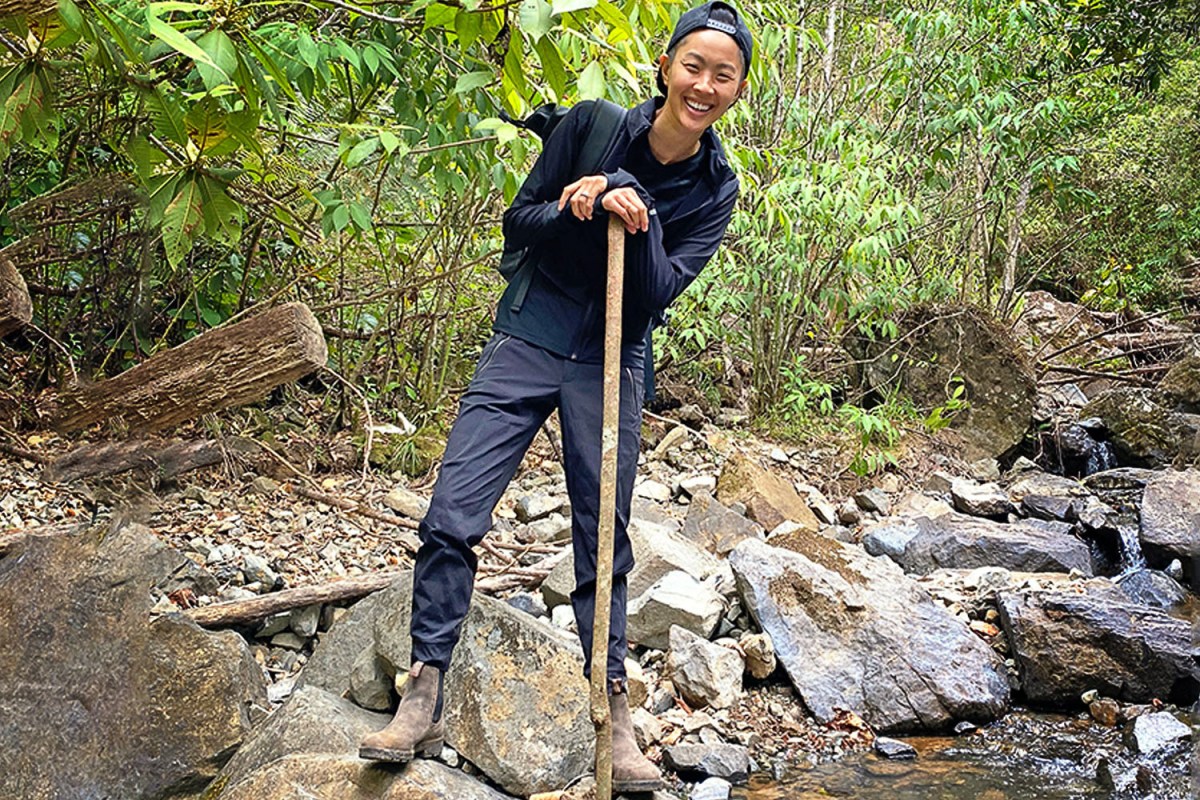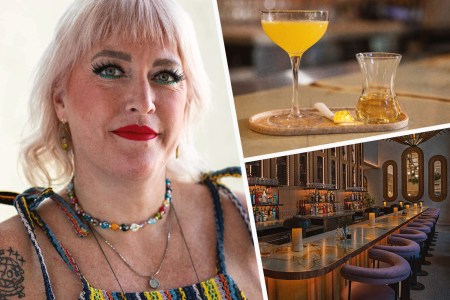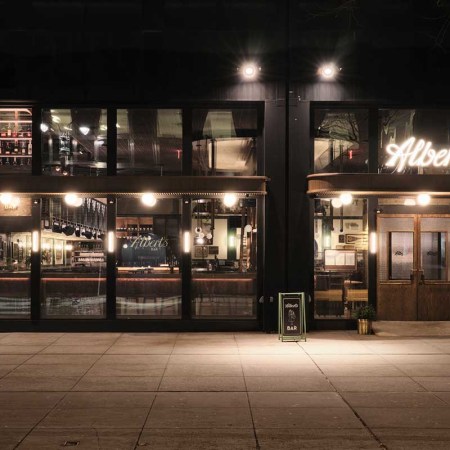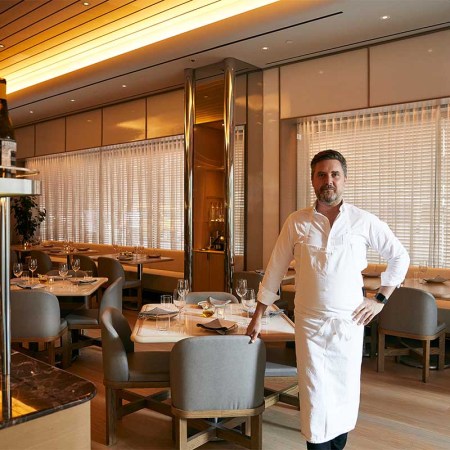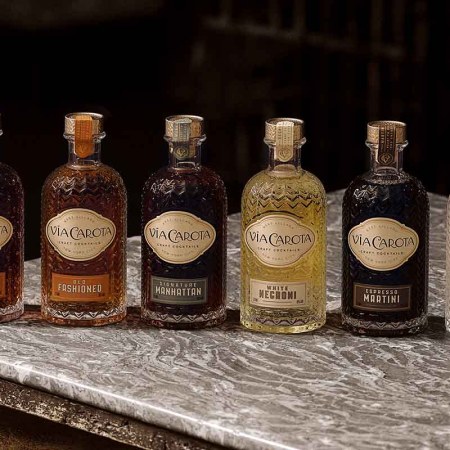Update, 7/12: Kristen Kish has been named as the new host of Top Chef, replacing Padma Lakshmi. Read more about why she’s the perfect fit for the job below.
In the first scene of the first episode of National Geographic and Disney+’s new travel and food show, Restaurants at the End of the World, chef Kristen Kish stalls an old Jeep while attempting to access the remote area of Boquete, Panama. Whether you’re familiar with her work — as Top Chef’s season 10 winner, or co-host of Travel Channel’s 36 Hours, TruTv’s Fast Foodies and Netflix’s Iron Chef: Quest for an Iron Legend, or as the owner/chef of Arlo Grey in Austin, Texas, or the author of Kristen Kish Cooking: Recipes and Techniques, or Chef Barbara Lynch’s former chef de cuisine, among other impressive accolades it would do a disservice to continue listing here — or not, the pilot establishes something very fascinating, very quickly. This isn’t your regular travel food show. Kish, who may give off the appearance of being impossibly cool, isn’t, really. (Okay, so she does suspend herself down a waterfall to forage watercress mere minutes later in the episode, but life’s about balance. There’s no chain-smoking male bravado to offset those dorky moments, and the series is better for it.) At the very least, from the Jeep to the rappelling and onward, it’s known that Kish is going to put herself in situations that may come across a little bit awkward, and a hell of a lot human.
That’s evident in the very format of the show. Kish traverses some of the furthest corners of the planet — like remote Panama, tropical fjords in Brazil, the Arctic archipelago of Svalbard, Norway, home to more polar bears than people —to discover how sustainable chefs cook in extreme climates with limited resources. It also means, more often than not, that she’s “in kitchens, but not kitchen-kitchens. I’m in a house, hanging out with their family,” Kish tells InsideHook over Zoom. She enters these situations with a more “journalistic approach” than that of a celebrity chef coming to center herself in the narratives of these adventurous cooks. (At one point, a chef attempts to invent a cocktail using the feed sack of a grouse, and Kish has to just go with it. Comfort zones don’t exist here.)
“I’m happy, willing and able to go into these places and be a sponge, be told what to do. We’re cooking food, maybe we’re using ingredients that I’m used to, but we’re traveling far to get to them. I have a lot to learn in order to fit in,” Kish says. “My baseline has always been this isn’t about me. My job is being a vehicle in order to help someone else tell their story.”
How Christine Wiseman Is Transforming the Hotel Bar
The award-winning beverage director of Bar Lab just opened four unique drinking and dining concepts at the Moxy WilliamsburgBefore Restaurants at the End of the World was picked up by National Geographic, the vision differed slightly. Kish and her team dreamed up a show focusing on “chosen families” around the country, an idea that still manages to resonate with the fully realized, international version of the show (just try not to cry when you meet Juan in the first episode) and Kish’s personal life. She was born in Seoul, South Korea as Kwon Yung Ran and adopted at four months old by a loving family in Michigan. Her adoptive parents are white, but made it a point to try and expose Kish to Korean culture.
“My mom would take me to Asian festivals, introduce me to foreign exchange students,” she says. “I had as much access as she knew how to provide for me.” She was seven years old when she tried Korean food for the first time in the form of kimchi, and she remembers liking it — but immediately wanting to slap it on a Burger King Whopper. “The one thing you’re missing [on a] Burger King burger is that they’re never putting enough pickles on there. Ever! It’s, like, two pickles for a burger. Kimchi satisfies that need,” she says with a laugh. Name a greater metaphor for a future chef.
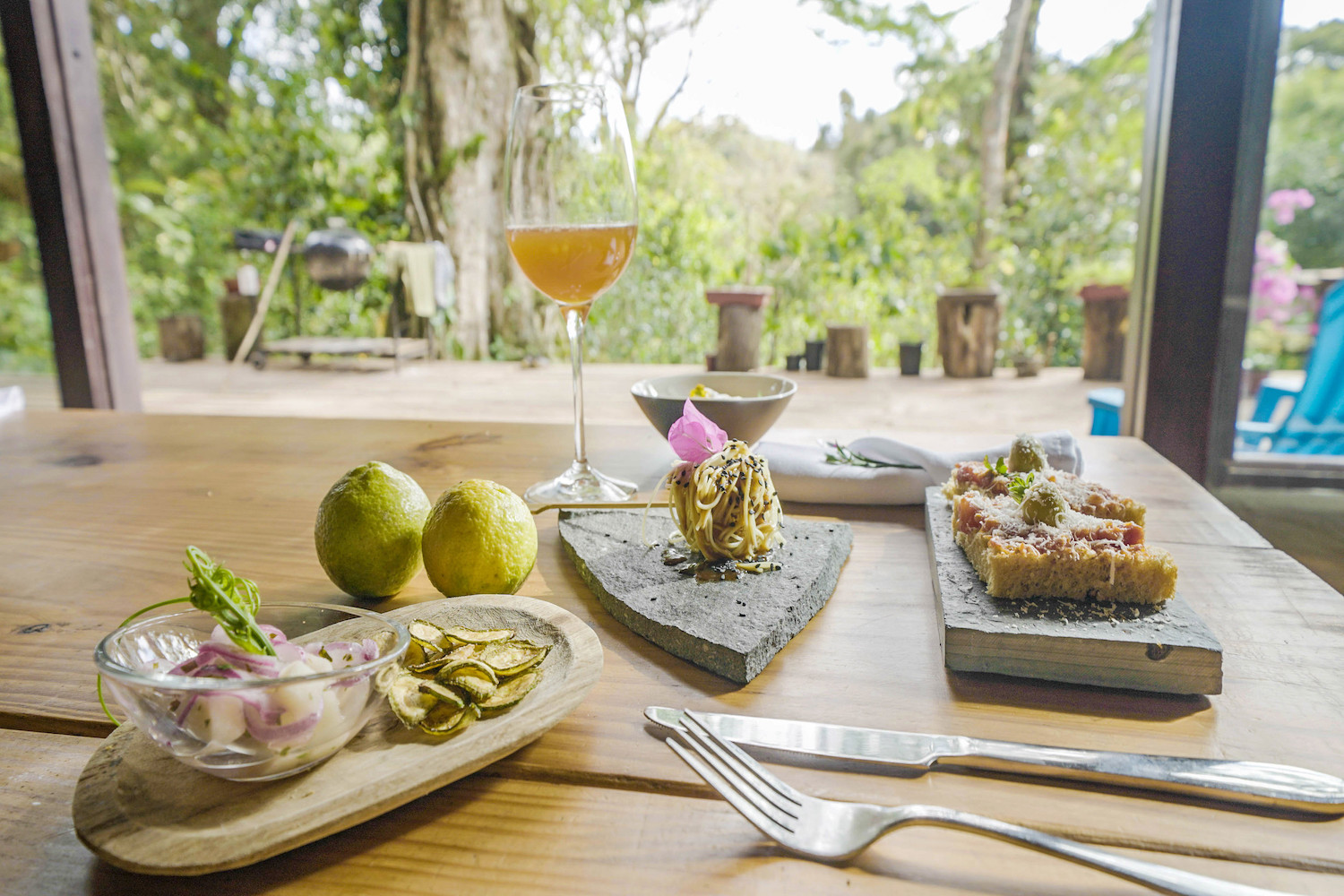
Except, of course, Kish wasn’t the kind of chef who immediately recognized the kitchen as her calling. As a kid, she’d watch Discovery Channel’s Great Chefs of the World with her after-school snack, and “at five years old, I’d chop up vegetables and my mom would get so angry,” she says, trying to mimic the moves she saw on screen. Eventually, as a teenager, she found herself working as a model. Then, perhaps more sensibly, in business school and absolutely miserable. It was there that Kish came to the realization that she is a visual, active learner, who prefers the real-life experience of doing something to reading books. It was her mom who pointed out that the path she was on was not the one for her. Kish had fallen into a depression.
“My mom was like, ‘You’re unhappy. This is not the path…why don’t we try culinary school?’” she recalls. “I was good at that, but after school, I was like, who am I? Am I becoming a chef? It was never a goal I was working towards — I just knew I felt really happy doing it.”
Without the structure that culinary school allowed, Kish struggled. She used cocaine recreationally, and her depression and anxiety was exacerbated, something she’s unafraid of discussing now. “The more you hear people talking about these things, the more it becomes normal, right? You realize you’re not alone in any of this stuff,” she says. “There’s no one perfect life out there, and there’s no one who hasn’t gone through hard things. It’s like, ‘Welcome to life!’”
Eventually she moved back home to reset, decided to head to Boston, got a couple jobs that eventually found her at Chef Barbara Lynch’s Stir. Lynch become a mentor, and the person who inspired Kish to go on Top Chef. The rest is history.
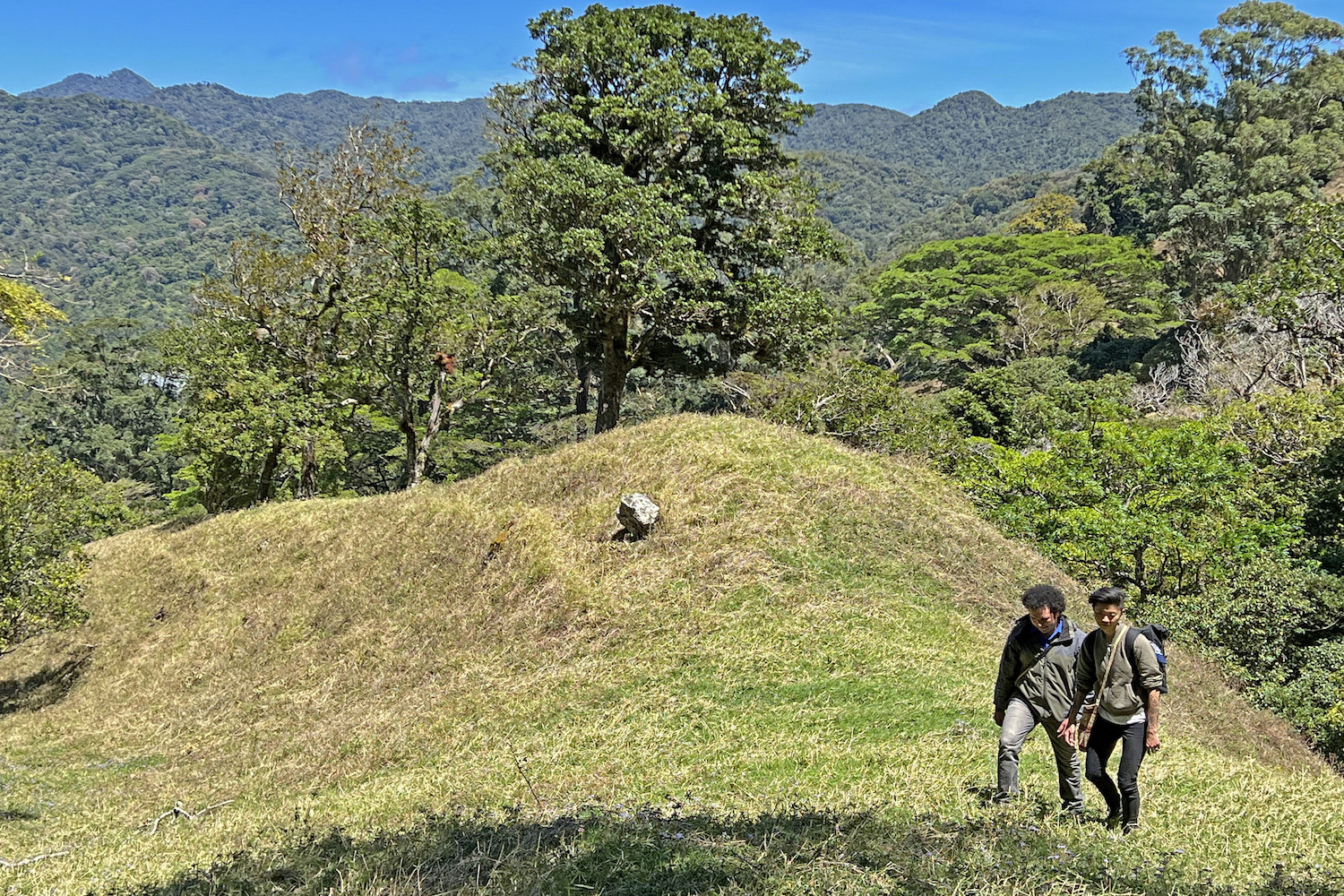
Part of the reason Restaurants at the End of the World works is Kish’s candor — she’s willing to go there with the people, chefs and kitchens the show spotlights. “I cried every single episode—we don’t show it,” Kish laughs. “When someone gives you so much of their time and energy, you have this pure sense of gratitude.”
It’s a simple enough idea, but one that cuts beyond the superficiality of being a polite TV personality, what Kish calls, and demeans, as being “nice.” She’s got a life mantra about it: “Nice is bullshit. Kindness is a whole extra level of what nice wants to be. As I tell my chefs, you don’t need to be nice, but you need to be kind. You can say no, you can hold people accountable, you can give your point of view, but you can do that while being kind…Finding layers of kindness is always the goal.”
Kindness may be what makes Restaurants at the End of the World about a hell of a lot more than just food. “Food is the expression in which I show my life,” she says. “But we don’t need to be so romantic about it in every single part of our life. I’m like, ‘Let’s go in there, hang out with really great people. Let’s learn what they want to teach us about food and otherwise remain curious about the core of the person. How they do what they do, how they got where they are, not just how they are a chef or how they cook food,’ because that’s the least interesting part about them, quite frankly.” The same could and should be said of Kish. And if she truly is the future of food and travel television, it’s a better genre for it — empathy and all.
Every Thursday, our resident experts see to it that you’re up to date on the latest from the world of drinks. Trend reports, bottle reviews, cocktail recipes and more. Sign up for THE SPILL now.
